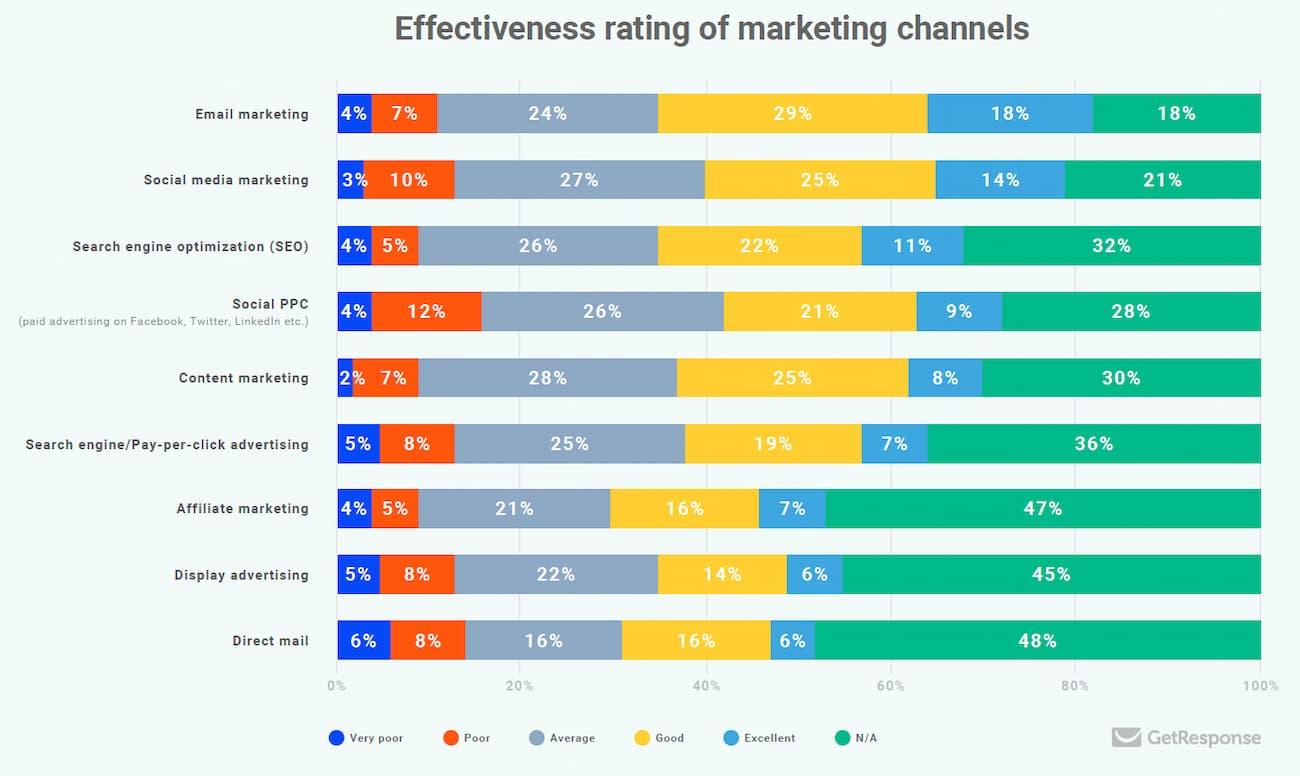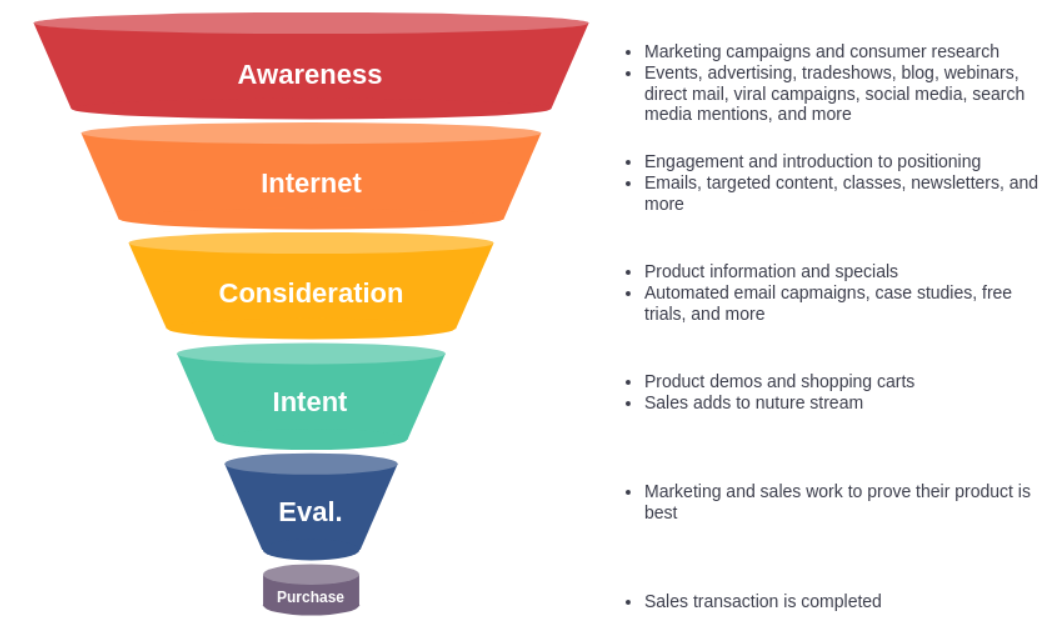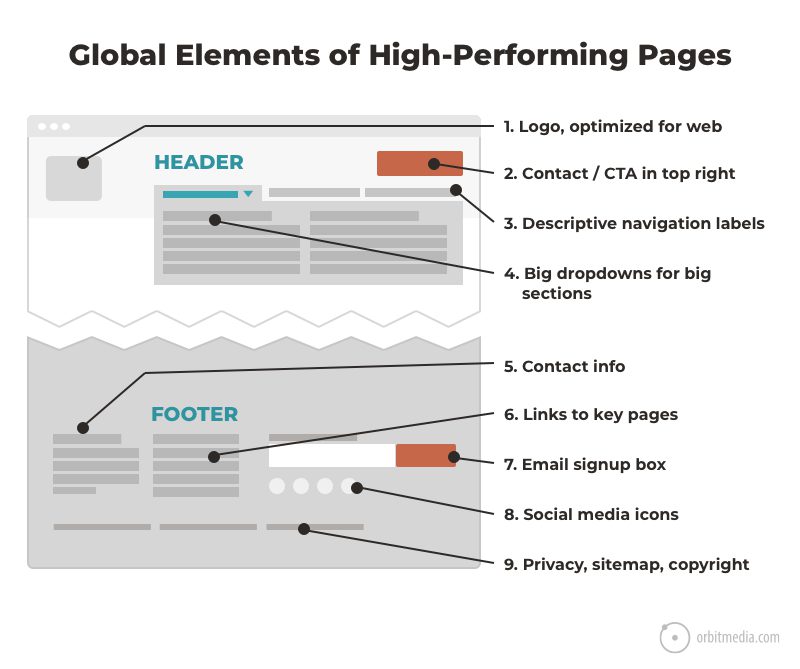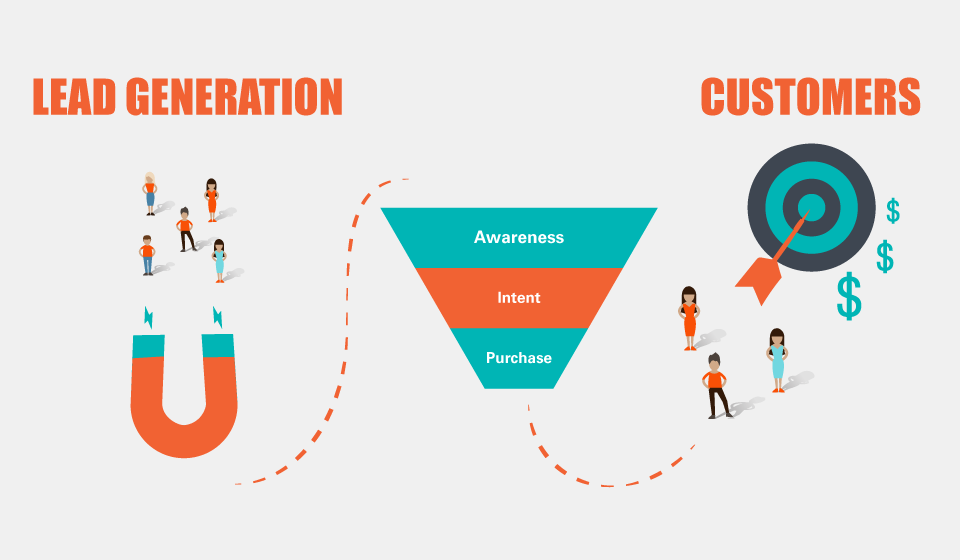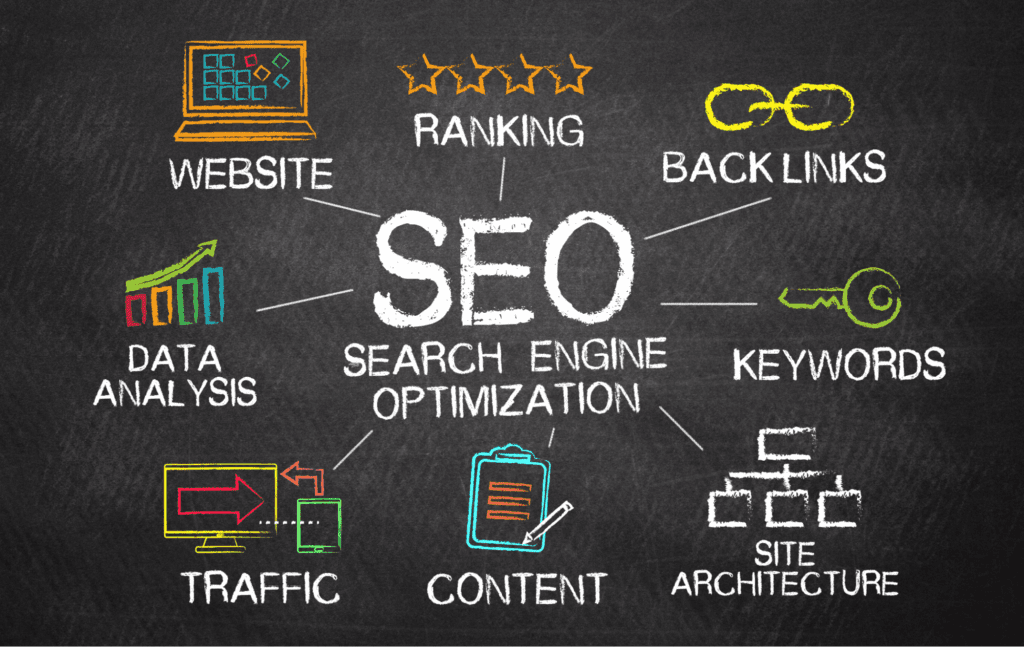
Things can become complicated when trying to separate SEO myth from actuality. If you don’t know what you’re dealing with, it’s simple to get lost in the sea of information available. Even more so as time passes and new algorithm improvements are made available.
It doesn’t have to be that way at all, which is a blessing. We want to assist you in sorting out the truth from fiction when it comes to SEO statistics as you start the new year. In order to avoid bringing any SEO misconceptions into the new year in 2021, let’s explore the realm of search engine optimization.
After finishing this article, you should not only be aware of some of the most prevalent SEO myths but also have a fair knowledge of how SEO functions. As a result, any subsequent SEO myth you hear will be obvious either right away or at the very least after some investigation. So let’s dive into it now, without further ado.
1. SEO is dead

A bend in the road is not the end of the road unless you fail to make the turn. When it comes to SEO, this couldn’t get any truer. The SEO myth that search engine optimization doesn’t work anymore arises from the fact that search engines regularly launch algorithm updates.
Just because the algorithm has changed doesn’t mean that SEO won’t work. It simply means you need to update your SEO strategy. Once you’ve upgraded your strategy, you’re likely to start seeing results again. Remember that this is a continuous process and requires you to keep your SEO skills up to date constantly.
So don’t buy into the ‘SEO is dead’ talk because it’s one of the most common SEO myths that will seriously hinder you from getting started. A well-thought-out successful SEO strategy will help you reap dividends down the line, especially if you continuously implement it along with some excellent content creation tips to help boost your rankings overall.
2. You need to submit your site to Google to rank
Not only is this SEO myth downright false, but believing it at this point is just silly. Let’s take a look at how Google ranks websites. It’s probably quite different than you imagined.

Web crawlers are bots that Google essentially uses to locate and index sites. They browse the web and are usually employed by most search engines for web indexing so that sites can appear in search engine rankings and results.
3. You should focus more on quantity than quality of links
This is one of those myths that was once true but no longer holds water. While it was once true that all you needed when it came to links was a large quantity of them, this is no longer the case. Today it matters less how many links you have and more about the quality of those links.
Links today are like votes of confidence so making sure they’re to and from reputable websites with relevant content is more important than just having a large number of links. Focus on the quality of the backlinks you’re building and you should be alright.
4. Duplicate content is fine
While you might not be penalized for duplicate content, it doesn’t benefit you in any way. So, for the most part, avoid such content because it won’t boost your google ranking in any way.

Source: Backlinko
Now keep in mind that your organic rankings can be harmed because search engines will divide authority between the copies and this dilutes your Google rankings. Your crawl budget is also wasted because the same content has to be crawled twice and normally, this could have been used for other web pages. Further, your backlinks will also drop as a result of your content being duplicated.
The Panda algorithm update also focuses on getting rid of sites that duplicate or plagiarize content. As ranking algorithms get smarter, it’s more and more unlikely to rank higher with content that isn’t original.
5. Meta keywords are super important
This is one of those SEO myths that was once true but is no longer relevant due to overuse and abuse. So what exactly is a meta keyword? Meta keywords are a type of meta tag that appears in the HTML code of a Web page. It’s used to help tell search engines what the topic of the page is.
However, as you can probably guess, people began to stuff every possible imaginable keyword that was relevant in order to bump up their rankings. So to solve this keyword stuffing problem, Google decided that meta keywords would be rendered useless.
While Yahoo and other search engines may still index meta keywords, they carry so little weight that they’re practically useless. Google and Bing don’t even use them anymore. So they’re not super important and not an area you should spend any time on. If anything at all, you might want to spend some time understanding how to do keyword research.
6. SEO is a one-time project

The idea that SEO is a one-time project is more of a mindset and ignorance problem. Many businesses have heard that they need SEO and are open to implementing it; however, they think SEO is a one-time gig that they can pay someone to do, and that’s the end of it.
The reality is far from it. SEO is like the gym, you won’t get ripped with just one day of training. What you need is constant, continuous work. You should be focusing on SEO right from when you decide to build a website all the way to updating and tweaking it long after your site has been up. You need to proactively implement the latest trends, techniques and follow new updates to stay on top of things.
While initially, an SEO best practices checklist can help you get started, you also need to be actively following your results and making necessary changes. There’s nothing worse than assuming you can make a one-time investment and hoping it will pay off. While you can’t be perfect, the continuous process of improvement should keep you ahead of the competition, and you can always optimize the areas where you need work as you go.
7. Page speed is not a factor
It makes sense that page speed matters because if your page takes too long to load, it could make people who are tired of waiting leave and head to your competitor with better page speed instead. Not to mention that it can be incredibly frustrating to be stuck on a site with slow load speed.
You can learn more about page speed and core web vitals here.
8. The more pages, the better
Google has officially stated through its spokesperson that there is no link between the number of pages and search results. Search engines have come a long way and are far more intelligent today than they were just a few years ago. So today, old SEO myths just aren’t true; instead, what matters is the quality of the content you’re producing.
Instead of creating multiple pages, focus on creating quality content that brings value to your readers. Google will take care of the rest because if your content is really valuable it’s likely to make an impression and drive traffic to your site. Remember, quality over quantity is a great SEO strategy every single time.
9. Social media channels improve your rankings
Social media channels help but not directly. They may not make an impact on your rankings; however, they can still be enormously helpful in building a brand image and growing your follower base.
Further, as your social media presence grows, you generate credibility among your followers with every content piece, blog post, and video you post. This can be instrumental in driving traffic to your website.
So while it is an SEO myth that social media channels improve your rankings in the search results, it’s still something you should consider because of the added benefits it brings.
10. SEO is for rankings only
When people think about SEO strategy to rank for a keyword, they forget that most people don’t just click the top position only. Several people will type a bunch of different keywords related to what they want to search for. It’s very uncommon that everyone will type the exact same keywords.
So, you want to appear in one of the top positions for a number of keywords. Don’t fall for the common SEO myths around aiming to rank in the top for just a single keyword. Keep this in mind while doing keyword research for your SEO strategy.
11. Link-building is not relevant for SEO
When it comes to myths, the most significant SEO myths abound in the area of link building. Some people are afraid to build more links than absolutely necessary because they feel that more links will take traffic away from their sites. But in fact, what it does is make you look like a great source of credibility especially to your target audience.

Source: Mediaberry
Another link-building SEO myth is that you should build as many links as possible because there’s no such thing as too many links. The truth is when it comes to link building in your blog post, what matters is how many quality backlinks you can build and have SEO friendly URLs. Focus on quality even with internal links and links to other sites, and you’re bound to see improvement in your search results and rank higher on Google.
12. There is only one way to implement SEO
When it comes to implementing SEO, most people have so many misconceptions. The predominant one is a fixed set of wrong and right things you can do in the SEO process.
But SEO is not just about high keyword density, link building, crawlability or any one of these things alone. It’s all of them and there’s no hard and fast rule. The SEO process involves doing what works best for you and that can be unique to your domain. SEO for blogs may be quite different from SEO for video content. So if it’s high keyword density, quality backlinks, page speed, or any other number of factors, SEO can involve all of them and there are so many ways to utilize them.
At the end of the day, it’s all about finding an SEO strategy that works for you and avoiding any SEO myth you may have heard because what works for someone may not work for you. Experiment, try new strategies and don’t be afraid of search penalties. Chances are you’re going to have to keep updating what the best SEO practices are because they keep changing.
Busting the SEO myths – Once and for all
By now, you should have a clear idea about how SEO really works. Most people will still have misconceptions about SEO and you will hear them from time to time. Don’t rely too much on them and do your own research. Find out what works for you and keep changing.
Learn as you go and don’t be afraid to try new SEO strategies when old ones no longer seem to be working. At the end of the day, trial and error is better than never trying at all. Who knows, you might even discover something that works so well for you that it makes all the difference going forward.
Finally, while it might be tempting to fall back into old patterns of thinking that SEO is dying as updates come and go, remember that it’s a journey and continuously reassessing your performance is probably the best way to stay on top of things.
Now, what are you waiting for? Go start optimizing!
Article by Mark Quadros of Orbit Media
